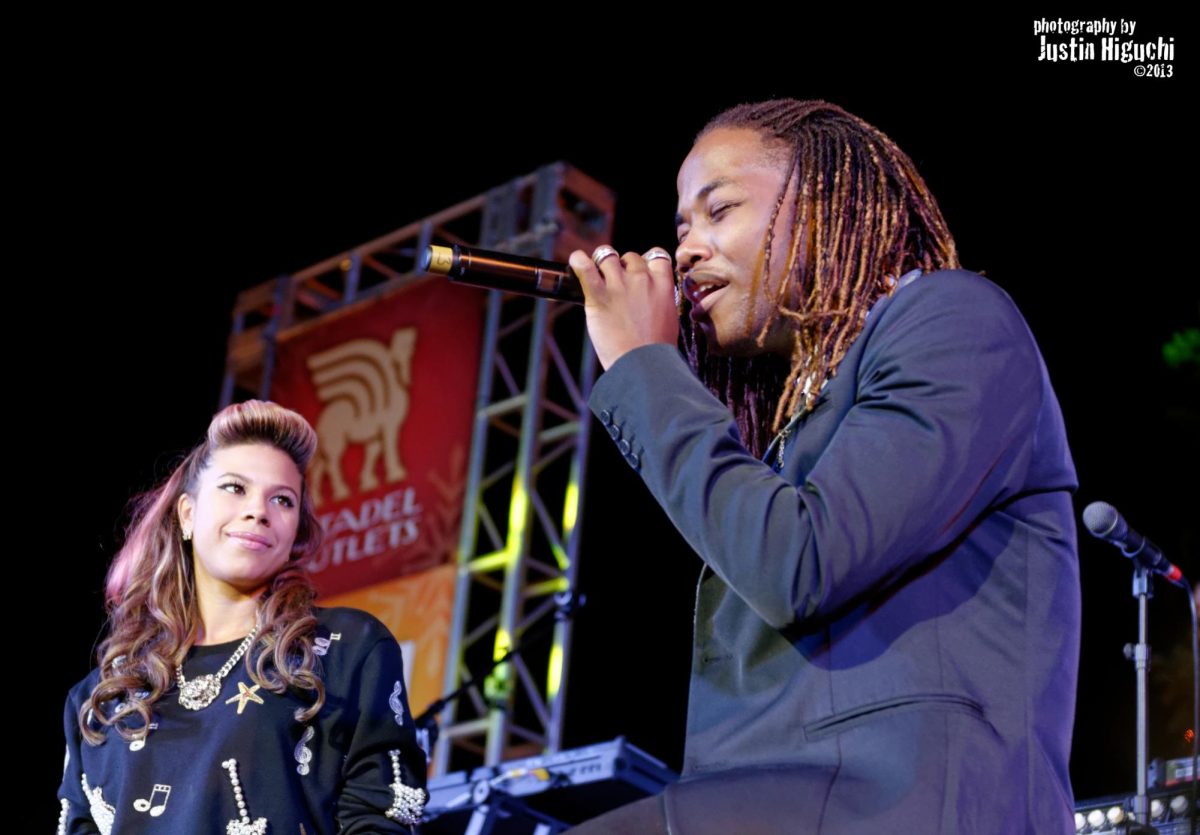Yeezy and FENTY. These names are clearly not Oscar de la Renta or Giambattista Valli, yet they were the two most discussed on social media in the past week. Rihanna and Kanye West, both major icons in the music industry, dominated the headlines of this February’s New York Fashion Week (NYFW). Debuting her FENTY Puma Fall/Winter 2016 collection, Rihanna was the most talked about designer, easily becoming the most-tweeted name during NYFW. The much anticipated Yeezy Season 3 was also the source of major buzz both among the fashion community and general public.
The rise of this blend between pop culture and high fashion is no recent news. With Kendall Jenner’s controversial modeling career breakthrough and the Kardashians’ close friendship with Balmain’s young creative director Olivier Rousteing, it was no surprise for Kanye West to take some of his artistic ‘genius’ and dabble in fashion.
Though some have criticized Kanye West’s Yeezy Season 1 and 2 for attempting to sell a “homeless person” aesthetic at a ludicrous price, the statistics don’t lie. His Adidas YEEZY BOOST’s sold out nearly the minute they hit the market. Everyone from fashion bloggers to lucky shoppers has been sporting the iconic sneaker since its release; they are still sold out to this day.
Similarly, Rihanna also released a collaboration sneaker that was a huge success. With neutral colors and a creeper platform, this sneaker offers its wearer a classic Puma look with Rihanna’s subtle punk edge. Her Fall/Winter collection is inspired by Japanese streetwear, complete with a monochrome, neo-gothic aesthetic. Rihanna fans are relishing in her “bad girl” character. Her daring fashion sense has made a large enough impression to garner interest in her products. Though presented to a considerably more intimate audience than Kanye’s, the FENTY collection still made a strong impression.
Kanye and Rihanna’s collections were fairly well-received by the public and even better marketed by the celebrity appearances at the show, many are critical about the entrance of pop culture and celebrities into the relatively exclusive high fashion world. The fashion market is becoming incredibly fast paced, as demonstrated by recent turnover at major fashion houses. An increasing amount of creative directors are leaving their companies due to the swift changes in demand and an inability to keep up with the public taste. Those who place great artistic value in their creations have expressed their concern about the struggles associated with producing enough material to showcase each season.
With the rise of celebrity designers, we see models like Gigi Hadid crossing over to the music industry, making appearances in Calvin Harris’ music video and recently, Zayn Malik’s “Pillowtalk.” Should this intermingling be appreciated? Is Rihanna’s entrance debut as a designer or Jeremy Scott’s friendship with CL a positive attempt to make high fashion more accessible to the public?
The focus of New York Fashion Week, and arguably the fashion world itself, has shifted from its intended purpose. Established in the 1940s by Eleanor Lambert, NYFW was created to bring small labels the publicity they desperately needed. Now, it hardly carries on its intended meaning: giving small magazine publications like Vogue the opportunity to give much-needed attention to relatively unknown designers, like Chanel and Balmain. In all seriousness, there has been a clear shift of focus in the fashion world; it seems as though the most successful companies are those who respond most quickly to social media. In their defense, snatching up the “celebrity models,” such as Kendall Jenner, Cara Delevingne, Gigi Hadid, and recently, Bella Hadid, designers are able to get the explosive publicity they need to survive in the volatile business. Whether or not we can come to terms with a stance on this issue, we must acknowledge that the members of the high fashion industry, who desperately need that exposure and interest, are getting some of that attention taken away by members of other industries, like Kanye and Rihanna, who hold that power.



